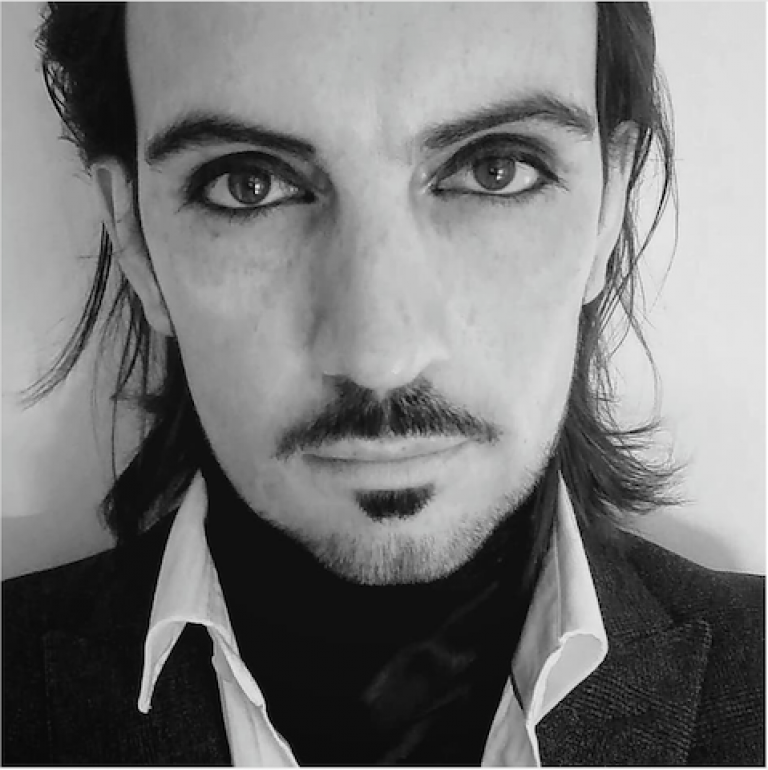STS Research Seminar - Dr Ian Kidd (Nottingham) - Weds 14th November
14 November 2018, 4:00 pm–6:00 pm

Ian Kidd (University of Nottingham): 'Feyerabend, science, and scientism'
This event is free.
Event Information
Open to
- All
Availability
- Yes
Cost
- Free
Organiser
-
Department of Science and Technology Studies – Department of Science and Technology Studies.0207 6791328
Location
-
Room 11045: Roberts BuildingTorrington PlaceLondonWC1E 7JEUnited Kingdom
The STS Research Seminar series allows the department to exhibit some of the most interesting recent research in our field. We invite speakers both from UCL and the wider community to present their research to a varied and curious audience. On Wednesday 14th November, Dr Ian Kidd will visit the department to give his talk on Feyerabend, science and scientism'. The talk will begin at 4.30pm, with refreshments available from 4pm.
Abstract:
This talk aims to rebut the persistent 'bad reputation' of Paul Feyerabend as 'the worst enemy of science' - as, that is, a critic who derided the value of science and worked to undermine its epistemic and cultural authority. Taking my cue from his neglected 1976 paper, 'On the Critique of Scientific Reason', I argue that his work from the mid-1960s onwards is better understood as a series of efforts to conceptualise and critique forms of scientism - of false, distorted, or inflated conceptions of the nature, scope, and value of science. That critique devolves into two sub-projects - a critique of science's self-understanding and a critique of scientific culture - of which the first is more original, developed, and impressive. Once we read Feyerabend as a critic of different forms of scientism, we can finally abandon the 'worst enemy of science' image and, moreover, better perceive his preemption of, and potential contributions to, contemporary work in several areas of philosophy of science and feminist and postcolonial science and technology studies.
About the Speaker
Dr Ian Kidd
Assistant Professor, Faculty of Arts at Nottingham University
Before working at Nottingham, Ian was an Addison Wheeler Fellow and intermittent part-time lecturer at Durham and also spent six months at Leeds as lecturer in philosophy of religion. Ian is committed to improving the representation of women and other underrepresented groups in academic philosophy and to that end was founder of the Diversity and Inclusion Group at Durham philosophy and Equality and Inclusion Officer at Leeds.
 Close
Close

